When I execute the following MAXIMA code:
kill(all);
depends([trt, trz], [r, t, z])$
eq1 : cos(t)*diff(trz,z) + cos(t)*diff(trt,t) = 0$
limit(eq1, t, 0);
I obtain:
How can I remove that limit so that the answer is:
I am using Maxima version: 5.37.2, under Linux Mint 18.3

